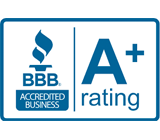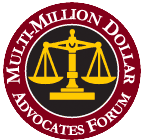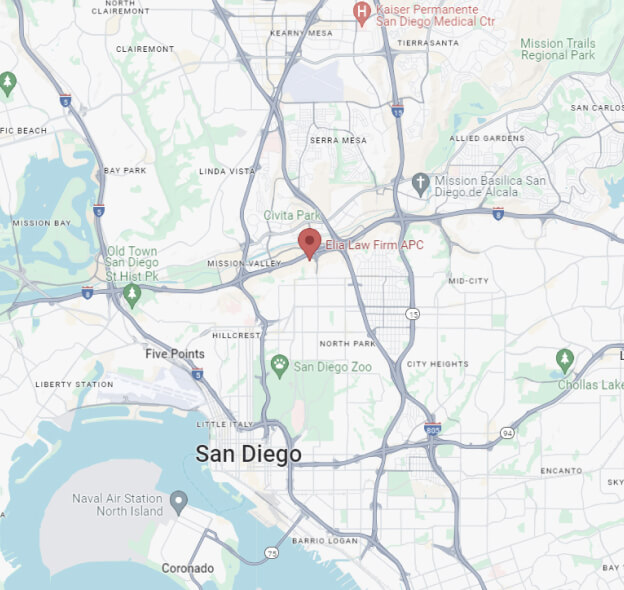SERVING SAN DIEGO, EL CAJON, LA JOLLA, LA MESA, AND SURROUNDING AREAS
CIVIL LITIGATION GLOSSARY
What do all those civil litigation terms mean?
The Summons and Complaint. The summons is a legal document informing the defendant that he has been sued; the complaint is the legal term for the actual written lawsuit. These documents are served together.
Service. The giving of legal documents to a party.
Demurrer. This is a responsive pleading filed in lieu of an answer, which argues there are certain defects within the complaint.
Motion. A motion is a request for the court to issue an order.
Motion to Strike. A motion to remove inappropriate allegations or improper items in the complaint.
Answer/General Denial. A responsive pleading to the court regarding the allegations in a complaint. Typically in California, the parties may file a general denial that denies each and every allegation in the complaint.
The Discovery Process. An often months-long process in which the parties exchange written information, take depositions, and subpoena witnesses and documents in order to evaluate the merits of the case.
Depositions. A process during which one lawyer asks the witness, or deponent, certain questions under oath and in the presence of a court reporter. The deponent is usually represented by an attorney who will defend the deposition by making certain objections as to the form of the questions. A deposition may also be videotaped.
Interrogatory. A written question asked by one party to another.
Form Interrogatories. Pre-printed questions prepared by The Judicial Counsel of the State of California that are commonly asked in certain cases, such as personal injury car accident cases or breach of contract lawsuits. The party propounding (sending) the discovery to the other party will check the boxes indicating what questions they want the other party to answer.
Special Interrogatories. Specific written questions asked by one party to another party.
Request for Admissions. Written questions asking the responding party to either admit or deny certain statements.
Request for Production of Documents. Written requests by one party to another party asking for the production of certain documents.
Motion for Summary Judgment. One of the most complex motions in the law, this document is filed when there is “no triable issue of fact” for the jury. Consequently, the moving party should be granted a judgment as a matter of law in a decision made by the judge. In other words, based on the evidence, there is no issue of fact that is in dispute for the jury to decide.
Alternative Dispute Resolution (ADR). The different methods used to resolve cases prior to going to trial, such as a mediation, settlement conference, or arbitration.
Case Management Conference (CMC). A meeting involving all parties, where the judge may set a trial date and address other deadlines in the case. The judge may also order some sort of alternate dispute resolution, such as a mediation or a settlement conference.
First Expert Exchange. A date set during the CMC that requires both parties to simultaneously exchange the identities of the experts they intend to use at trial.
Second Expert Exchange. A date set during the CMC that is typically two weeks or more after the first expert exchange. The purpose is to allow one party to designate an expert in a particular area that only their adversary designated during the first exchange. For example, during the first expert exchange, the plaintiff designates the following experts: 1) an orthopedic surgeon, 2) an accident reconstruction expert, 3) a biomechanical engineer, and 4) an economist. The defendant designates: 1) an orthopedic surgeon, 2) an accident reconstruction expert, and 3) an economist, but no biomechanical engineer. In the second expert exchange, the defendant may designate a biomechanical engineer but no other experts. The plaintiff may not add any further experts in the second expert exchange.
Motion Discovery Cutoff. A deadline set during the CMC whereby all motions and discovery must be completed.
Trial Readiness Conference (TRC). A date determined during the CMC and typically set a few weeks before trial. The parties are required to submit a Joint Trial Readiness Conference Report (TRC Report) to the judge, providing a brief overview of the case, what issues are in dispute, the list of witnesses to be called, and the exhibits that will used at trial.
Trial Call. Occurring Friday prior to the Monday on which a trial may start, this meeting allows the judge to determine if all parties are ready to proceed to trial. In San Diego Superior Court, courtrooms are “dark” on Fridays and there are no trials, although judges conduct trial calls, motion hearings, and CMCs.
Trial. A hearing before a trier of fact, either a judge or a jury who will render a judgment or a verdict
Fight for your rights.
If you need to sue or you’re being sued, enlist the tough civil litigation attorneys here at the Elia Law Firm in San Diego.
We are relentless in our pursuit of justice for our clients. Call for a free case review now.










